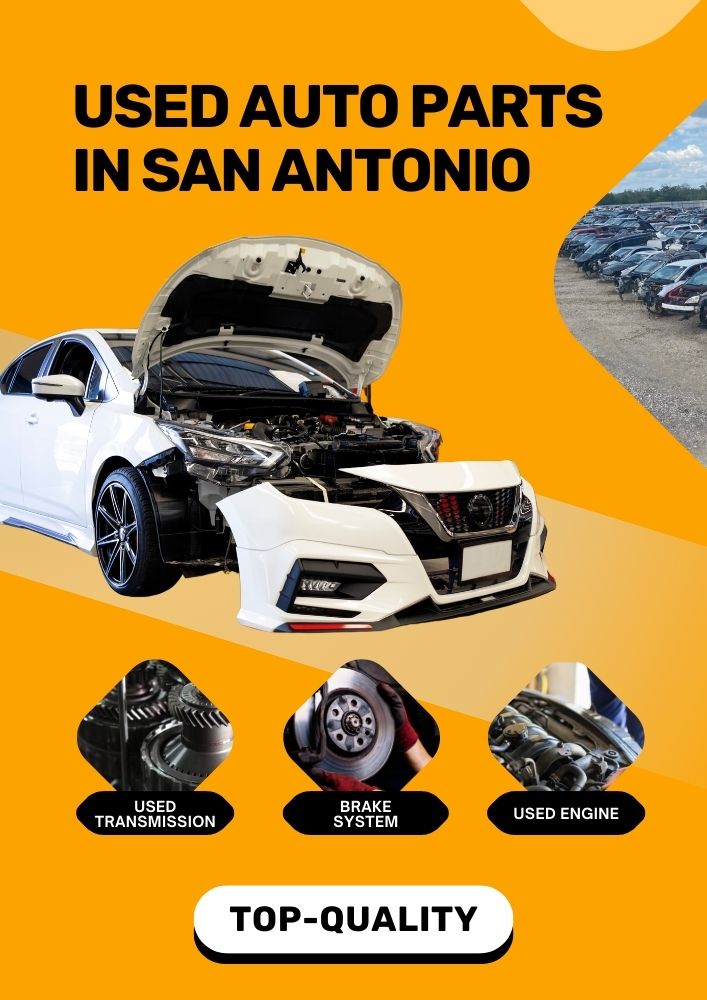Port Strike Threatens PartsTrader’s Improving Car Parts Delivery Times
The automotive industry has been on a roller coaster of challenges over the past few years, particularly when it comes to the supply chain. Just when things seemed to be settling down, a new threat emerges on the horizon: a potential port strike. This looming issue could significantly undo the progress PartsTrader and other suppliers have made in improving car parts delivery times.
Why Parts Delivery Times Matter to You
Delivering car parts promptly is crucial not only for automotive repair shops but also for car owners who need their vehicles back on the road quickly. Any delays can lead to extended repair times, increased costs, and heightened customer frustration. Thus, the potential for a port strike sends jitters through the industry, which has been working tirelessly to enhance delivery efficiency.
The Threat of a Port Strike
Port strikes can have a ripple effect across multiple sectors, with the automotive industry being particularly vulnerable. A work stoppage at major ports would result in:
- Delays in receiving crucial components: Essential parts and materials would be stuck at the port, unable to reach repair shops and manufacturers on time.
- Increased shipping costs: Alternative shipping routes or methods, which are usually more expensive, might need to be employed.
- Parts shortages: With constrained supply lines, specific parts might become scarce, driving up costs and further delaying repairs.
This disruption is something PartsTrader is keenly aware of, especially after making significant strides in streamlining and accelerating its supply chain.
PartsTrader’s Recent Improvements
Over the past year, PartsTrader has implemented several initiatives to bolster the efficiency and speed of their parts delivery systems. These measures include:
- Enhanced supplier networks: By expanding and diversifying their supplier base, PartsTrader has minimized the risk of disruptions from any single supplier.
- Advanced logistics management: Leveraging state-of-the-art technology, PartsTrader has optimized transportation routes and improved inventory management.
- Innovative tracking systems: Real-time tracking capabilities have been introduced, allowing repair shops and customers to monitor the status of their orders continuously.
These advancements have not only shortened delivery times but also reinforced PartsTrader’s reputation as a reliable supplier in the automotive industry. However, a port strike could jeopardize these beneficial improvements.
Mitigation Strategies
Given the looming threat, PartsTrader is not sitting idly by. Preparing for a potential port strike involves implementing several proactive measures:
- Stockpiling critical parts: Accumulating additional inventory of frequently needed parts in strategic locations can help bridge the gap during a strike.
- Exploring alternative ports: Identifying and preparing to use other ports less likely to be affected by the strike.
- Using air freight: While more expensive, air freight can serve as a last resort for urgent parts shipments.
These strategies can significantly mitigate the risks of a port strike but cannot entirely eliminate them.
The Bigger Picture: Industry-Wide Impact
A port strike would not only affect PartsTrader but also have far-reaching consequences across the automotive sector. Manufacturers, repair shops, and end customers would all feel the strain. Here’s how:
- Manufacturers: Delays in receiving materials can halt production lines, leading to fewer cars produced and longer wait times for new vehicles.
- Repair Shops: Shops might face extended downtimes, reduced throughput, and dissatisfied customers due to parts shortages and delays.
- End Customers: Car owners awaiting repairs might have to endure long waits, potentially leaving them without transportation for extended periods.
As an automotive enthusiast or a professional in the industry, it’s crucial to stay informed and prepared for such developments. For alternative options, you might want to explore buying used auto parts, which can sometimes offer a faster and more cost-effective solution during supply chain disruptions. For more information, visit GiantImports [here](https://giantimports.com/).
Conclusion
PartsTrader has worked diligently to improve car parts delivery times, ensuring that repair shops and car owners receive the components they need quickly and efficiently. However, the looming threat of a port strike represents a significant challenge that could undo much of this progress. By employing proactive measures, PartsTrader aims to mitigate the impact, but the entire industry must brace for potential disruptions.
For more insights and updates on this issue, you can read the full article on AutoBody News [here](https://www.autobodynews.com/news/partstrader-possible-port-strike-could-put-dent-in-improving-parts-delivery-times).
Recognizing the importance of timely deliveries, all stakeholders need to stay informed and prepared as the situation develops.





